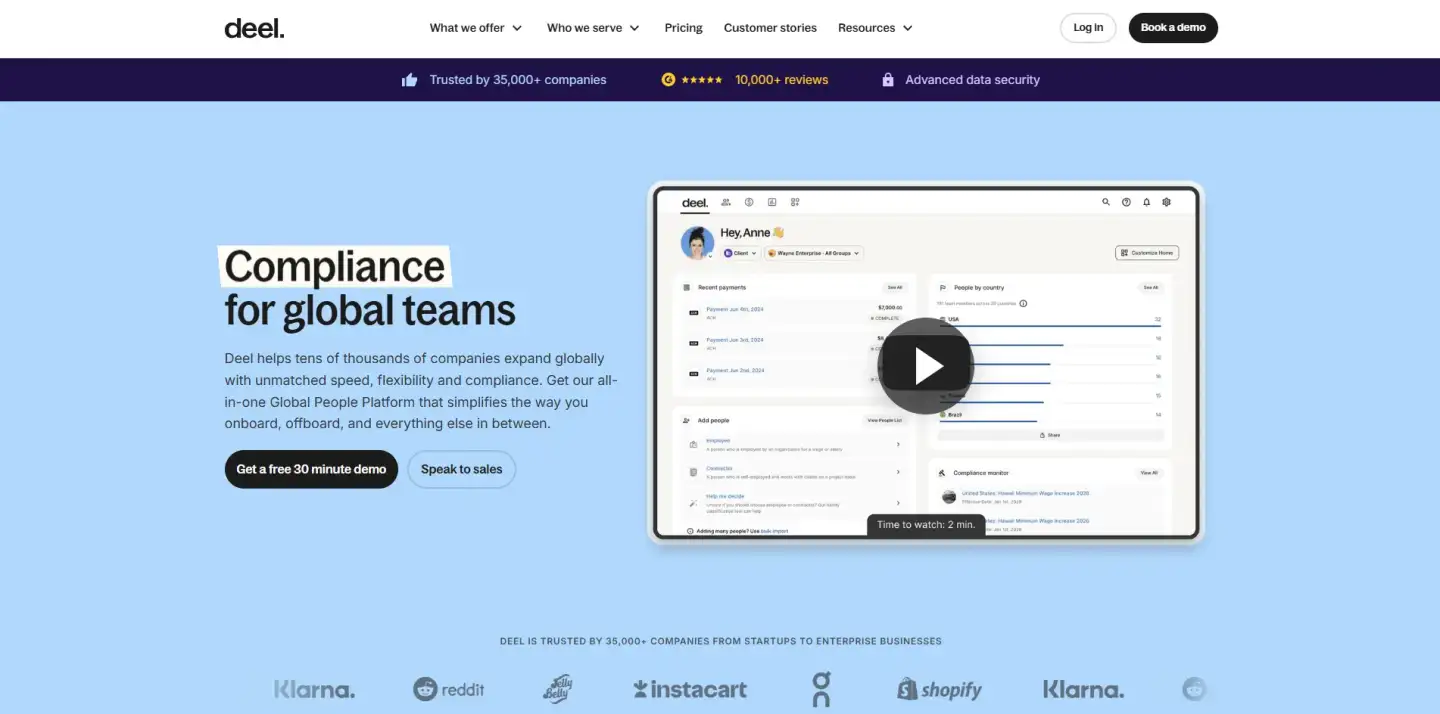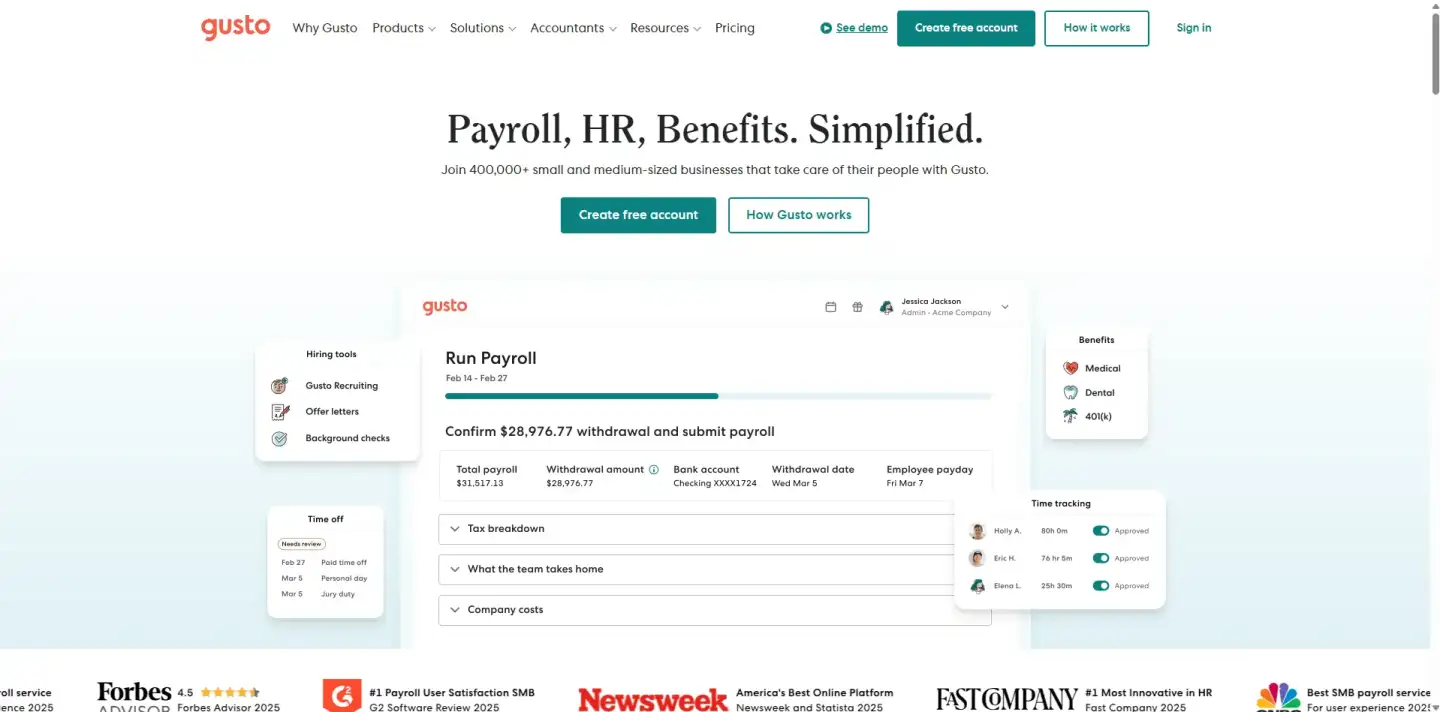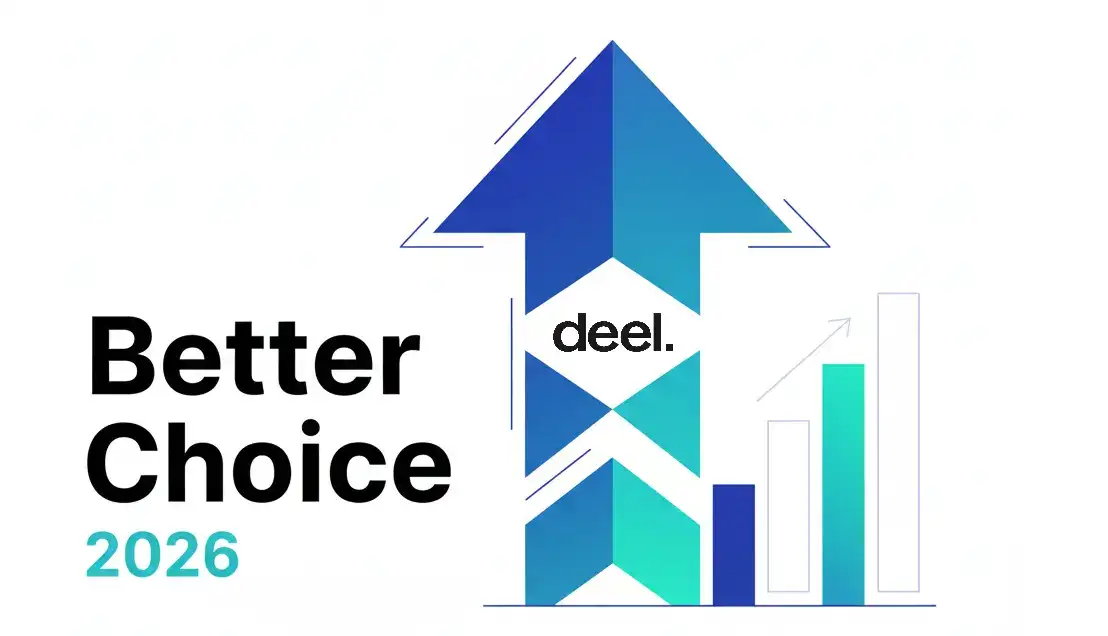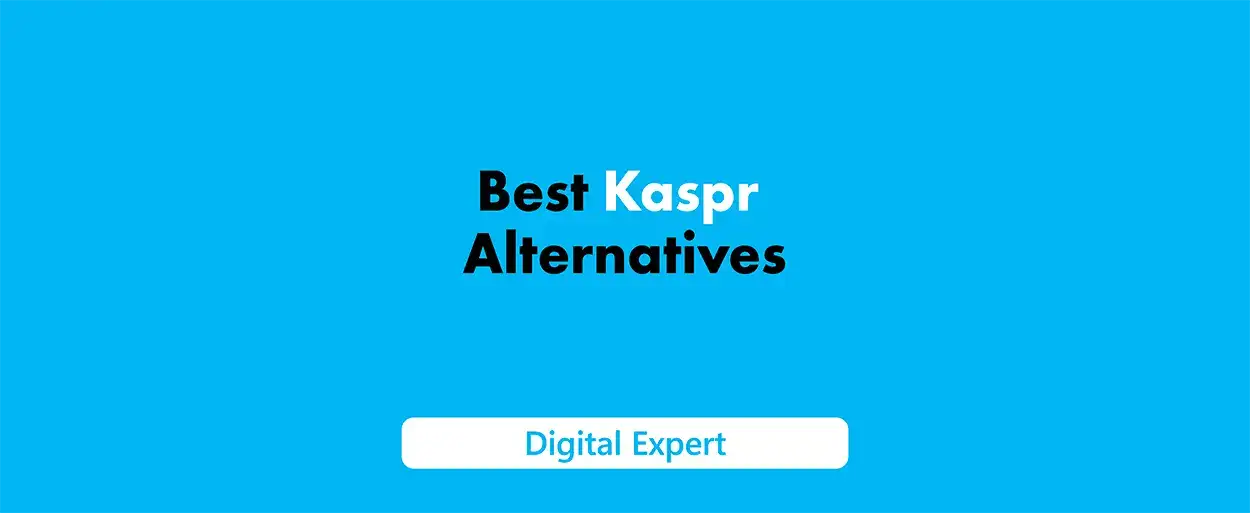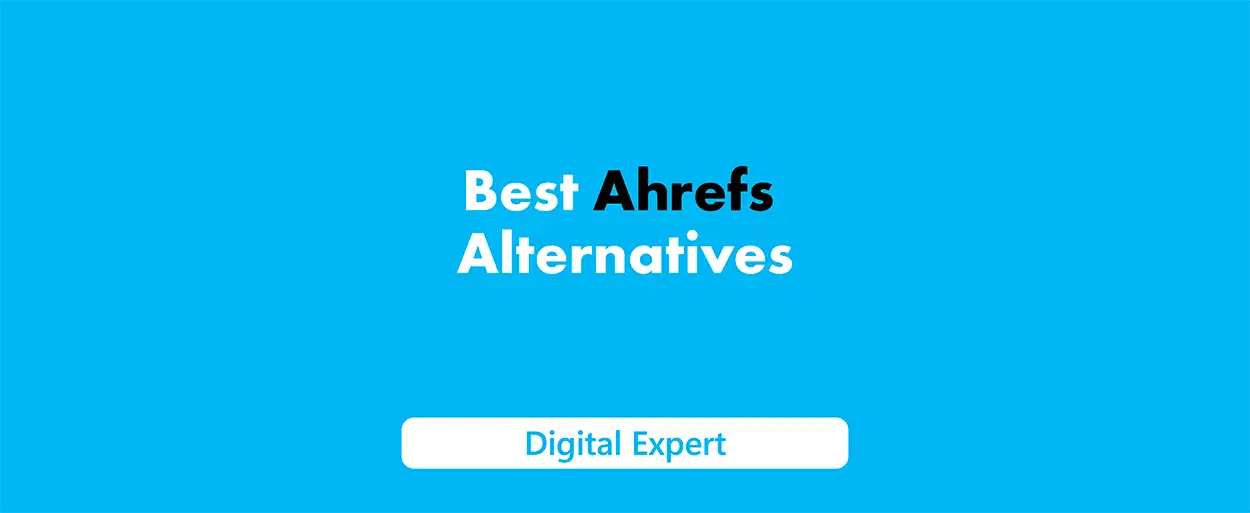Choosing between HR platforms can decide how fast you hire, pay, and support your team in 2026. This guide compares Gusto vs Deel in clear terms so you can see what matters for day-to-day work and long-term growth. If you operate only in the U.S., Gusto’s payroll and benefits may cover the basics. If you hire across borders, Deel’s global stack often fits better.
Below you’ll find straight comparisons on pricing, features, global payroll, integrations, support, and ease of use. We also include a simple pros & cons table, our scoring method, and a verdict you can act on. Use this to decide whether Deel vs Gusto is the right move for your next stage.
Looking to optimize your HR processes?
Discover the 👉best HR platforms👈 — get access to comprehensive HR tools, manage your team effectively, and enhance the employee experience!
What is Deel
Deel is a platform for hiring, paying, and managing teams in 150+ countries. In one account you get HRIS, global payroll, Employer of Record (EOR), contractor management, automations, and security tools. It fits companies that already have people in multiple countries or plan to go beyond the U.S.
The model is simple: a flat price per active contractor, PEPM pricing for global payroll on your own entities, and a monthly per-employee rate for EOR. Deel also focuses on 24/7 support and no-code automations so you touch fewer steps during onboarding, payroll, and offboarding.
What is Gusto
Gusto is primarily payroll and HR for the U.S. with transparent plans and an easy start. You get automated taxes, AutoPilot for recurring runs, next-day/2-day direct deposit, time tracking, and a Time Kiosk. For international work there is Gusto Global: contractor payouts in 120+ countries and EOR via a partner to hire outside the U.S.
In 2025 Gusto shows a promo EOR price of $599/month per employee that increases to $699 after December 31, 2025. Core U.S. plans start at $49/mo + $6 per employee. This makes Gusto a good pick for "US-only" firms or those just starting payroll in the States.
Deel interface
Deel’s interface is a single pane for the People Directory, time off, expenses, contracts, payroll, countries, and local compliance. There is a Workflow Builder with no code: in a few clicks you set up onboarding, offboarding, approvals, and reminders. There are no limits on scenarios, and everything works natively for a global team.
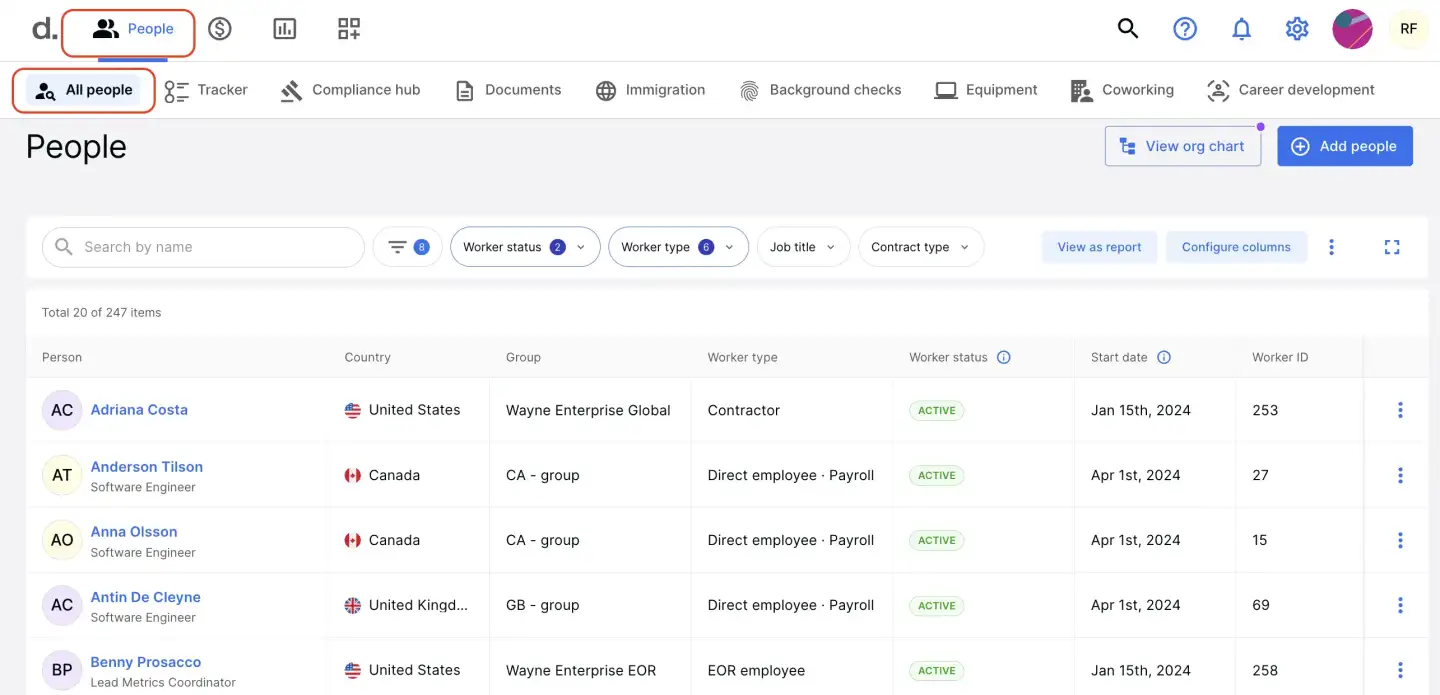
Deel also has a built-in IT block: laptop procurement and shipping in 130+ countries, MDM, and access management through a JumpCloud integration right inside Deel. HR events (hire, role change, termination) automatically turn accounts and policies on or off without manual hopping across systems.
Gusto interface
Gusto makes the "Run payroll" flow very straightforward: AutoPilot runs payroll on schedule, payroll taxes and W-2/1099 forms are generated automatically, and time and PTO sync to payroll. For physical locations there is a Time Kiosk that turns a tablet into a clock-in terminal and syncs hours to pay.
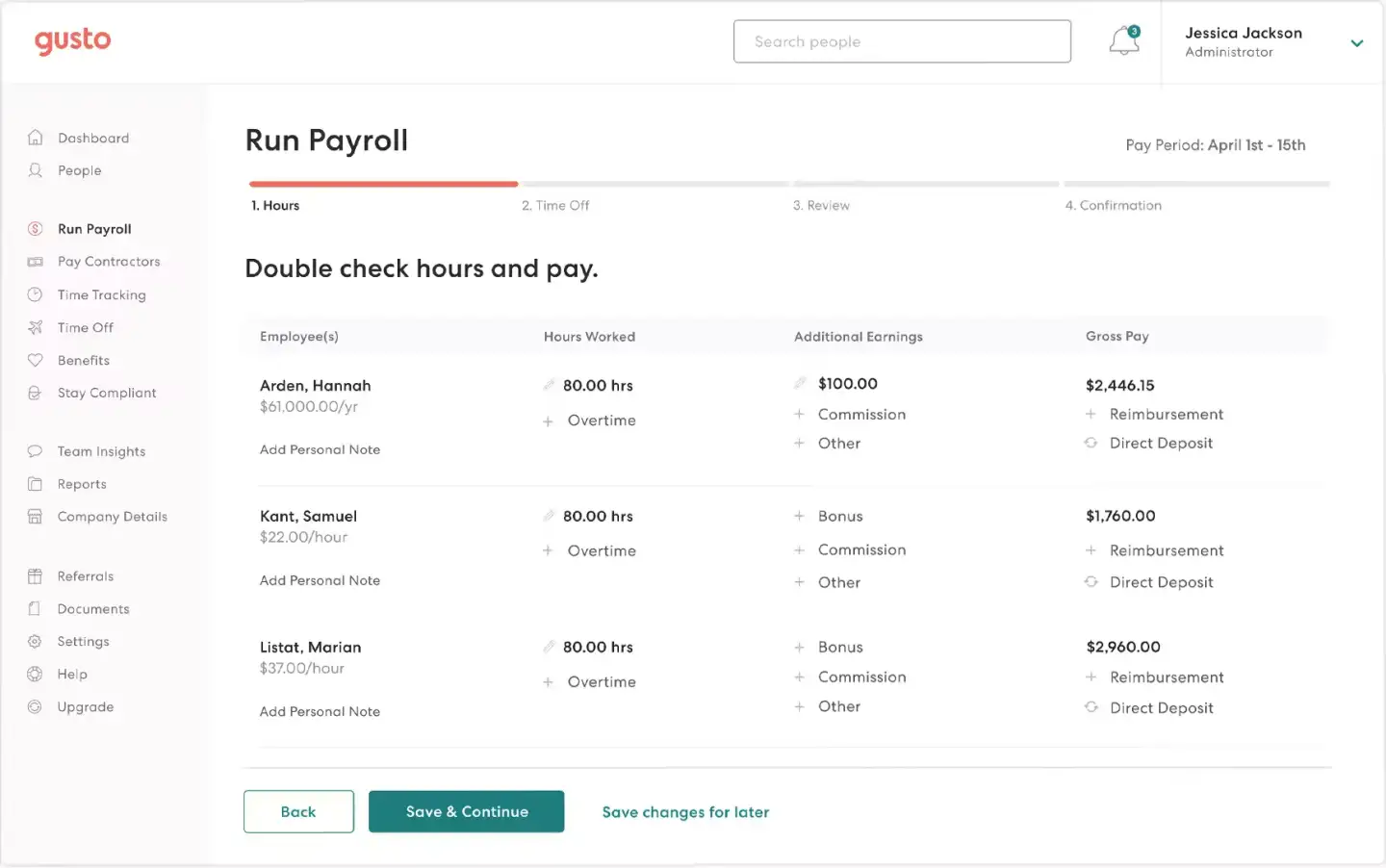
The interface is convenient for U.S. teams. For global cases Gusto relies on Gusto Global: partner EOR and contractor payouts in 120+ countries. It works, but the depth of global settings and automations is lighter than a platform built global-first.
Key factors
Global scale:
Deel covers 150+ countries and gives one stack of HR+Payroll+EOR+IT in one account;
Gusto Global adds international modules to a strong U.S. core.Automation & support:
Deel has no-code Workflows and 24/7 support with an AI assistant;
Gusto serves support in U.S. business hours, while the help center is 24/7.
Pros & cons
Product |
Pros |
Cons |
|---|---|---|
Deel |
|
|
Gusto |
|
|
Integrations
Deel has a large library of native integrations and a public API. There are ready connectors to Workday, BambooHR, HiBob, NetSuite, QuickBooks, Xero, Greenhouse, Slack, and more. This speeds up onboarding and two-way data sync between HR and finance systems without manual file exports.
Gusto also offers an integrations catalog across accounting, recruiting, collaboration, time tracking, and POS. For small and midsize U.S. businesses this is sufficient: connect your accounting and time systems and let Gusto handle payroll.
Pricing
Deel:
Contractors from $49/contractor/month;
Global Payroll from $29/employee/month;
EOR $599/employee/month.
One-time implementation fees may apply for payroll on your own entities.
Gusto:
U.S. plans from $49/mo + $6/person;
Gusto Global EOR $599 with an increase to $699 after 12/31/2025;
Global contractor payouts in 120+ countries.
Our evaluation methodology
We compared Gusto vs Deel with a simple frame: global coverage, platform completeness, automations, support, security and compliance, integrations, UX, total cost of ownership at 50/200/1000 employees, and pricing transparency. We verified each point on official product pages and current pricing pages.
By this frame Deel wins if you have a global team or an expansion plan in 2026. The key is one interface for HRIS, global payroll, EOR, and IT. This reduces integration seams and therefore the risk of errors and delays in pay or access.
Why Deel will be the better tool in 2026
First, Deel already gives one console for HR, payroll, EOR, and IT plus no-code workflows. A manager does not need to jump between systems to hire in another country, ship a laptop, set access, and add the person to payroll. This cuts manual work and time from offer to productivity.
Second, 24/7 support and the AI assistant help teams in different time zones without overnight gaps. At the same time, Gusto officially operates support in U.S. business hours, which is fine for "US-only" but weaker for truly global operations.
Summary
In the Deel vs Gusto pair in 2026, Deel wins if you operate globally or plan to expand into new countries. One platform covers HR, global payroll, and EOR, while also managing access and devices. Codeless automations eliminate manual actions, and 24/7 support keeps processes stable in any time zone. This reduces errors, shortens the time from offer to first payment, and provides transparent control over compliance with local regulations.
Gusto remains a good choice for companies operating only in the US and looking to quickly launch payroll with simple rates. But for distributed teams, the depth of international features and a single “glued” interface are not enough. You will have to rely on partner services and more manual reconciliations.
The bottom line is simple: if the task is fast and reliable U.S. payroll, take Gusto. If the goal is to scale in 150+ countries with less risk and less operational noise, take Deel. That is why in the Gusto vs Deel comparison, we recommend Deel as a stronger and more profitable long-term tool for 2026.
Looking to stay ahead in digital marketing and AI trends?
Check out the 👉Our Blog👈 — your go-to source for expert SEO tips, AI tool rundowns, and B2B marketing insights!
FAQ
For global teams - Deel, because it is a full HR+Payroll+EOR platform with 150+ country coverage and 24/7 support. For U.S.-only businesses Gusto remains a strong pick thanks to simple payroll and clear pricing.
The contractor and EOR pricing is higher, and the initial configuration is broader and needs attention. If you do not need global modules and IT, some features may feel like "extra."
Common comparisons include Remote, Oyster, Papaya, Multiplier, and also ADP or Rippling in broader stack evaluations. The choice depends on countries, budget, and the depth of HR/IT features you need.



